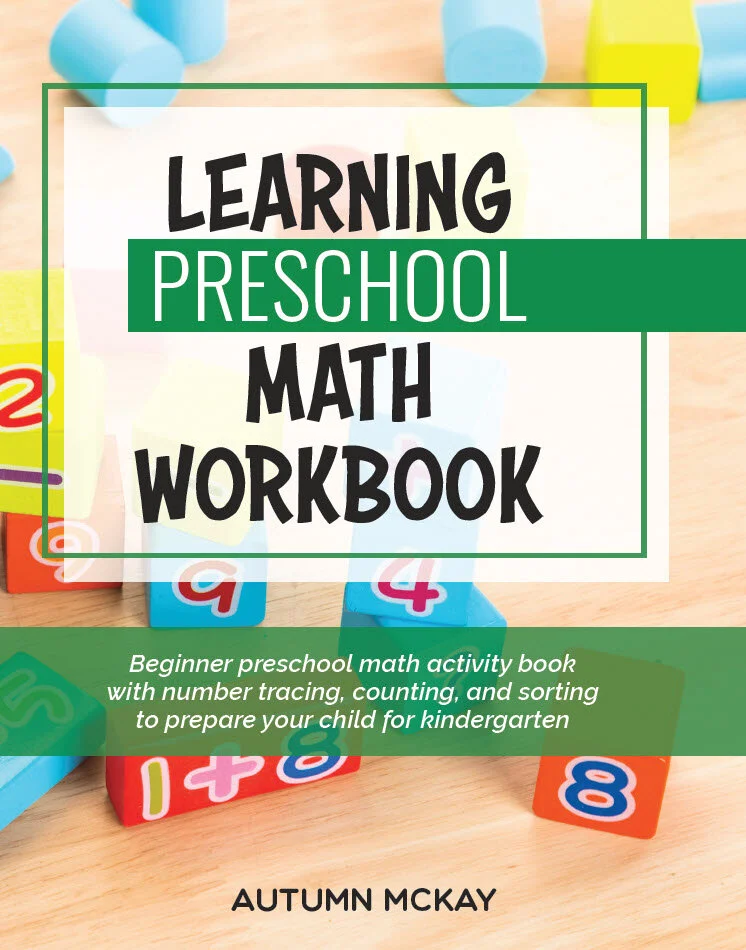How to Talk to Our Kids About Coronavirus
Coronavirus has or will affect us all in one way or another. Everyone is in unchartered territory right now. We are all trying to figure out what’s going on, what to expect, and how to prepare. I know some days I feel like I’m not in control, and it’s scary. Do you have days like that?
Did you know that our kids can sense when we are stressed, panicked, or anxious? I just finished reading The Self-Driven Child (highly recommend if you need a book to read during quarantine) and learned that our emotions can be contagious to our children. When we are stressed, angry, grumpy, anxious or sad we tend to infect those around us with the same emotions. Contrary to that, our positive emotions, such as calmness, joy, peace, and gratitude can also rub off on our children.
Kids sense or observe our emotions, but don’t really understand how to interpret them yet—they don’t know what caused our feelings of stress so they might think that they caused us stress. Children don’t have a fully developed prefrontal cortex yet, so when they sense we are stressed or anxious their prefrontal cortex begins to panic. Then the amygdala takes over and starts to display the same emotions of stress and anxiety. If this happens too much, the amygdala becomes larger and more reactive. It becomes more panicked and hysterical and might overreact when faced with a “threat” such as a stressed parent.
So, how do we prevent our stress from stressing out our children during a stressful time?
How to Talk to Your Child about Coronavirus
I’ve been personally avoiding this up with my kids but we should talk to our children about what’s going on. Their world is changing just like ours, so help them understand what is happening. There is no need to share scary details; just share enough so their brains can calm down. If we don’t assign meaning to what’s going on; they will fill in the blanks and may actually assume worse than reality. Here are some examples of things to say to your children based on ages:
Ages 2-4:
“I know things have been different lately so I want to tell you what’s going on so you can understand. You know when you get sick or have a boo-boo and we give you medicine or put a band-aid on the boo-boo to make you feel better? Well there are some germs going around right now that we don’t have medicine for yet, so the doctor said it’s better for everyone to play at home and wash our hands so we are going to do that. Do you have any questions?”
Ages 6-10:
“I know things have been changing so I want to tell you what’s going on so you can understand and not be worried. You know when you get sick we give you medicine to make you feel better? Well there is a virus going around right now, called Coronavirus, that we don’t have medicine for yet, so the doctors say it’s better for everyone to play or work at home and wash our hands so we are going to do that. Do you have any questions?”
How to Control Anxiety
· Make enjoying your kids a priority. Be happy to see them! Even though this is tough time, be grateful for this gifted time together as a family.
· Don’t fear the future. You can’t control the future (speaking to myself here). So enjoy the present, and figure out a plan for right now not the “what ifs“ or “could bes.”
· Manage your own stress. Managing your own stress makes you a more effective parent. So take deep breaths, put away the news, read, pray, etc.
· Make peace with your worst fears. This sounds counterproductive, but sometimes it helps to play out the worst case scenario. Talk it out loud so that it can get out of your head and not keep replaying in your mind. Tim Ferris refers to this as “Fear Setting” instead of “Goal Setting.”
· Adopt an attitude of acceptance. Accept that this is your new way of living and make the best of it. Even though we are practicing social distancing, don’t practice social distancing with those in your own home. Put the technology down and create projects to do together—learn a new language (find a person in another country and trade teaching a new language to each other), learn to cook a new dish, declutter, reorganize a room, do science experiments together, make up a dance to your favorite song, or read a new book together.
If you need some great resources for your preschooler during your time at home, check these out:



















